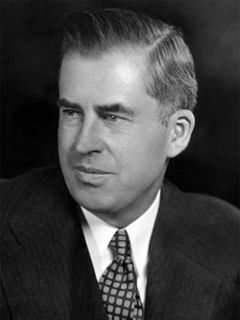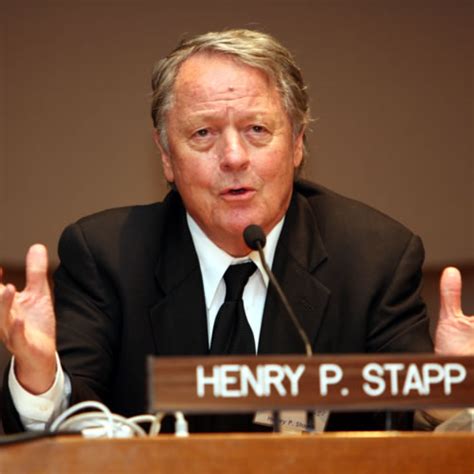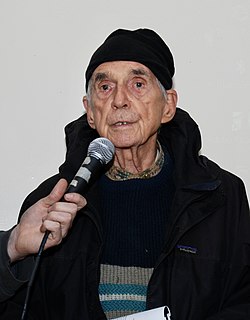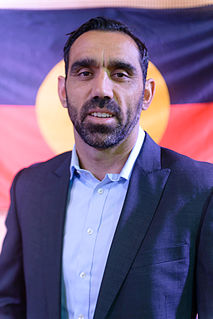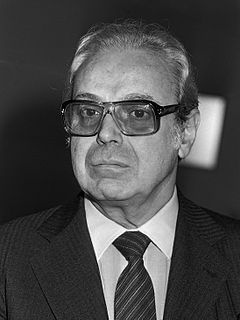A Quote by Henry A. Wallace
The wisdom of our actions in the first three years of peace will determine the course of world history for half a century.
Related Quotes
Our beliefs about ourselves in relation to the world around us are the roots of our values, and our values determine not only our immediate actions, but also, over the course of time, the form of our society. Our beliefs are increasingly determined by science. Hence it is at least conceivable that what science has been telling us for three hundred years about man and his place in nature could be playing by now an important role in our lives.
It is my belief that whereas the twentieth century has been a century of war and untold suffering, the twenty-first century should be one of peace and dialogue. As the continued advances in information technology make our world a truly global village, I believe there will come a time when war and armed conflict will be considered an outdated and obsolete method of settling differences among nations and communities.
Without inner peace, outer peace is impossible. We all wish for world peace, but world peace will never be acheived unless we first establish peace within our own minds. We can send so-called 'peacekeeping forces' into areas of conflict, but peace cannot be oppossed from the outside with guns. Only by creating peace within our own mind and helping others to do the same can we hope to achieve peace in this world.
Are there still other possibilities? Of course there are. What is important to recognize is that all three historical options are really there, and the choice will depend on our collective world behavior over the next fifty years. Whichever option is chosen, it will not be the end of history, but in a real sense its beginning. The human social world is still very young in cosmological time. In 2050 or 2100, when we look back at capitalist civilization, what will we think?
Malthus argued a century and a half ago that man, by using up all his available resources, would forever press on the limits of subsistence, thus condemning humanity to an indefinite future of misery and poverty. We can now begin to hope and, I believe, know that Malthus was expressing not a law of nature, but merely the limitation then of scientific and social wisdom. The truth or falsity of his prediction will depend now, with the tools we have, on our own actions, now and in the years to come.
The question of whether world peace will ever be possible can only be answered by someone familiar with world history. To be familiar with world history means, however, to know human beings as they have been and always will be. There is a vast difference, which most people will never comprehend, between viewing future history as it will be and viewing it as one might like it to be. Peace is a desire, war is a fact; and history has never paid heed to human desires and ideals.
But, more than anything, in the more than three years of this Government's existence, the Israeli people has proven that it is possible to make peace, that peace opens the door to a better economy and society; that peace is not just a prayer. Peace is first of all in our prayers, but it is also the aspiration of the Jewish people, a genuine aspiration for peace.
